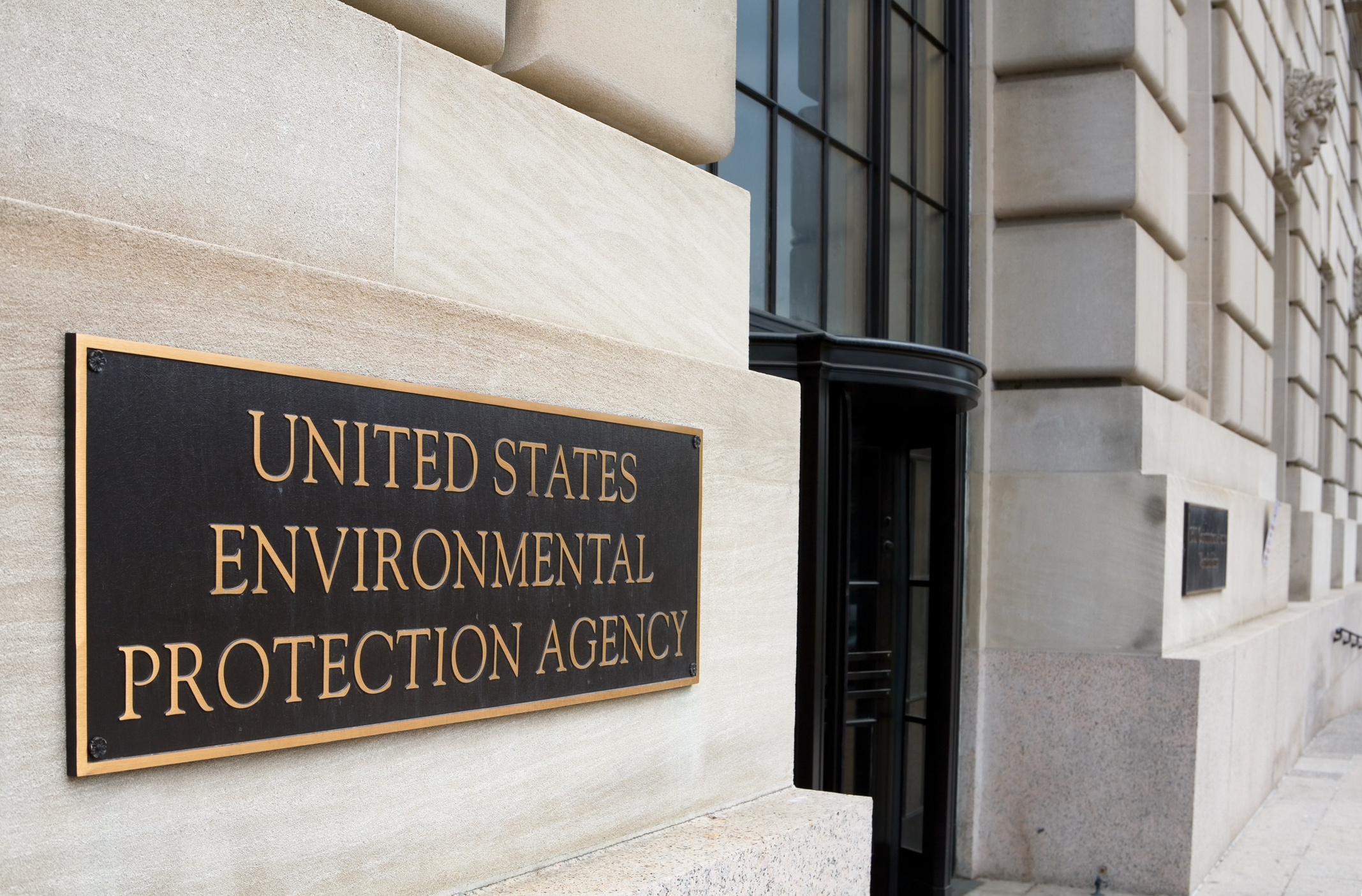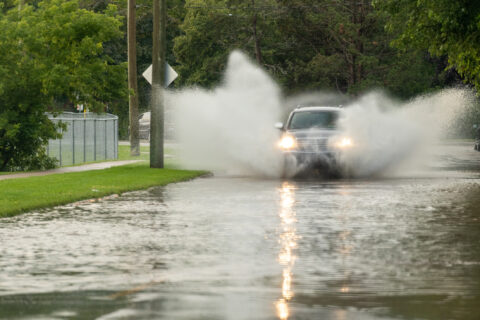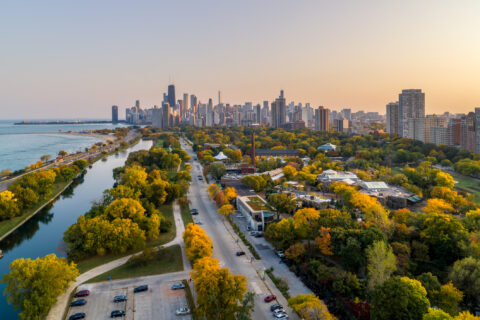On March 12, the U.S. Environmental Protection Agency (EPA) announced plans to roll back 31 actions undertaken in the past several years. The announcement aligns with President Trump’s Presidential Actions, namely the Executive Order on Unleashing American Energy, which called for a review of actions that “potentially burden the development of domestic energy resources.”
It is unclear whether EPA will simply repeal these rulemakings or also replace them with a revised rule. It is important to note that there are regulatory requirements agencies must follow in the rulemaking process – including efforts to repeal a rule.
Under the Administrative Procedure Act, agencies must engage in a notice and comment period. This process allows local leaders and national organizations, like NLC, to submit comments on how a proposed action would impact cities, towns and villages across the country. Given the timeline for public comment, efforts to repeal a rule could take six months to a year, followed by another year or so if the Administration offers a replacement.
Not all the 31 actions outlined by EPA are relevant to local governments. Over the past Administrations, NLC has weighed in through the rulemaking process on several of these actions. Here is a look at some of the key rules and actions that NLC submitted comments on that we’ll be tracking as EPA undertakes this deregulatory effort.
Air
“Clean Power Plan 2.0”
Since 2014, NLC has supported efforts to set guidelines to reduce greenhouse gas emissions from new and existing fossil fuel-fired electric generating units (i.e., coal and natural gas-fired power plants).
In 2015, the Obama Administration finalized the Clean Power Plan, which was challenged in court and did not go into effect. In 2019, the Trump Administration repealed the Clean Power Plan and replaced it with the Affordable Clean Energy rule. That too was challenged in court. In April 2024, the Biden Administration finalized the “Clean Power Plan 2.0,” which likewise was challenged in court. The Trump Administration will reconsider the Biden rule.
Through comment letters to EPA (most recently in 2022, (PDF)) and in amicus briefs in support of EPA action regulating greenhouse gas emissions from the power sector (most recently in Oct. 2024, (PDF)), NLC noted the impacts of climate change on cities, towns and villages and called for a federal partner and action to mitigate the effects in support of the economy and to build resilient communities.
Risk Management Program Rule
The Risk Management Program rule aims to protect communities from accidental chemical releases and has impacts to local governments as first responders in managing emergency response and recovery teams, as well as owners and operators of water and wastewater facilities that store and utilize chemicals for water treatments.
Over the past three Administrations, NLC weighed in during the rulemaking process in 2016, 2018 and 2022 (see letters from Aug. 23, 2018 (PDF) and Oct. 31, 2022 (PDF) asking EPA to recognize water and wastewater facilities as low-risk and set requirements accordingly). The Trump Administration will reconsider the latest changes to this rule, which were finalized in 2024.
Vehicle Emissions
In 2024, EPA finalized two separate rulemakings related to lower vehicle emissions for light-, medium- and heavy-duty vehicles that will phase-in over model years 2027-2032. In 2018, NLC opposed EPA’s efforts (PDF) to weaken fuel economy and greenhouse gas emissions standards for passenger cars and light-duty trucks covering model years 2021-2026.
In December 2024 (PDF) and January 2025 (PDF), NLC filed amicus briefs in two separate cases seeking to uphold the Biden Administration rules as an essential component of helping local governments meet their climate action goals through reduced air pollution.
Endangerment Finding
The U.S. Supreme Court’s ruling in Massachusetts v. EPA (2007), which NLC did not participate in, set the path for EPA’s 2009 determination that carbon dioxide and other greenhouse gases emissions endanger public health and welfare — known as the Endangerment Finding. In 2008, NLC weighed in supporting (PDF) a national strategy for addressing greenhouse gas emissions.
The Endangerment Finding serves as the foundation for Agency rules for reducing greenhouse gas emissions and mitigating the effects of climate change, many of which are being proposed for rollback. Since the Endangerment Finding is not a rule, the process to repeal it is different and would require new scientific findings, but likely equally lengthy or more so.
Water
While EPA’s March 12 announcement largely pertains to regulations under the Clean Air Act, the agency has announced at least one water-related action, with several other items still under consideration.
“Waters of the U.S.” (WOTUS)
On March 24, EPA and the U.S. Army Corps of Engineers announced a rulemaking process on the definition of “waters of the United States” in light of the Supreme Court’s 2023 decision in Sackett v. EPA. The agencies are accepting written comments through April 23. Local leaders are also invited to provide feedback at one of the upcoming “public” listening sessions or through the Federalism Consultation docket through June 2.
NLC has weighed in on WOTUS rulemaking efforts since 2007, most recently submitting comments in 2022 (PDF). In 2023, the State and Local Legal Center filed an amicus brief in Sackett v. EPA, arguing that municipal water infrastructure is not a “waters of the U.S.”
PFAS and the Lead and Copper Rule
Last year, EPA announced new drinking water regulations for certain PFAS chemicals, as well as new regulations around lead in drinking water through the Lead and Copper Rule Improvements. EPA also issued a final rule designating certain PFAS chemicals as hazardous substances under CERCLA. NLC has been engaged in these rulemaking efforts over the past several years (see letters from May 30, 2023 (PDF), Dec. 13, 2022 (PDF) and Nov. 7, 2022 (PDF) raising concerns about the cost and impacts to local governments). The rules are all being challenged in court, and EPA has not yet stated whether it will revisit any of the rules though the rulemaking process.
Next Steps
As the regulatory process unfolds on each of these issues, NLC will continue to engage with EPA to ensure that the local government position is at the forefront and can help inform the policy conversations.










